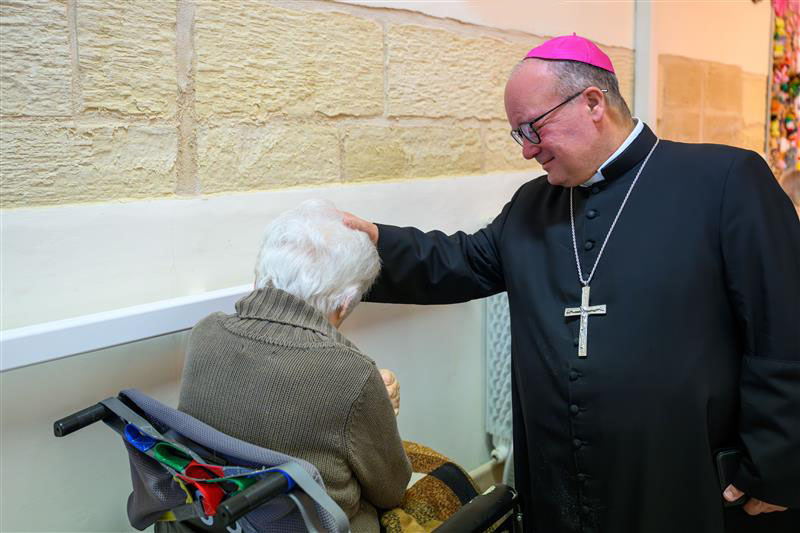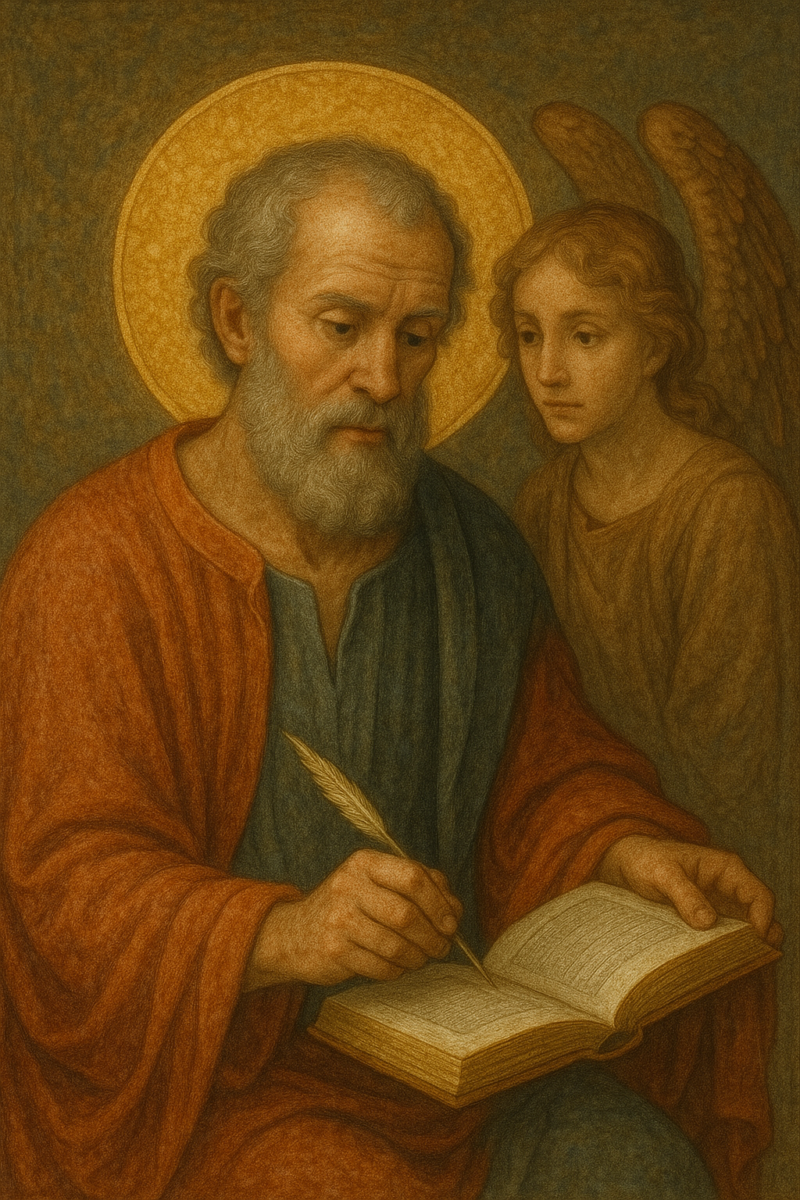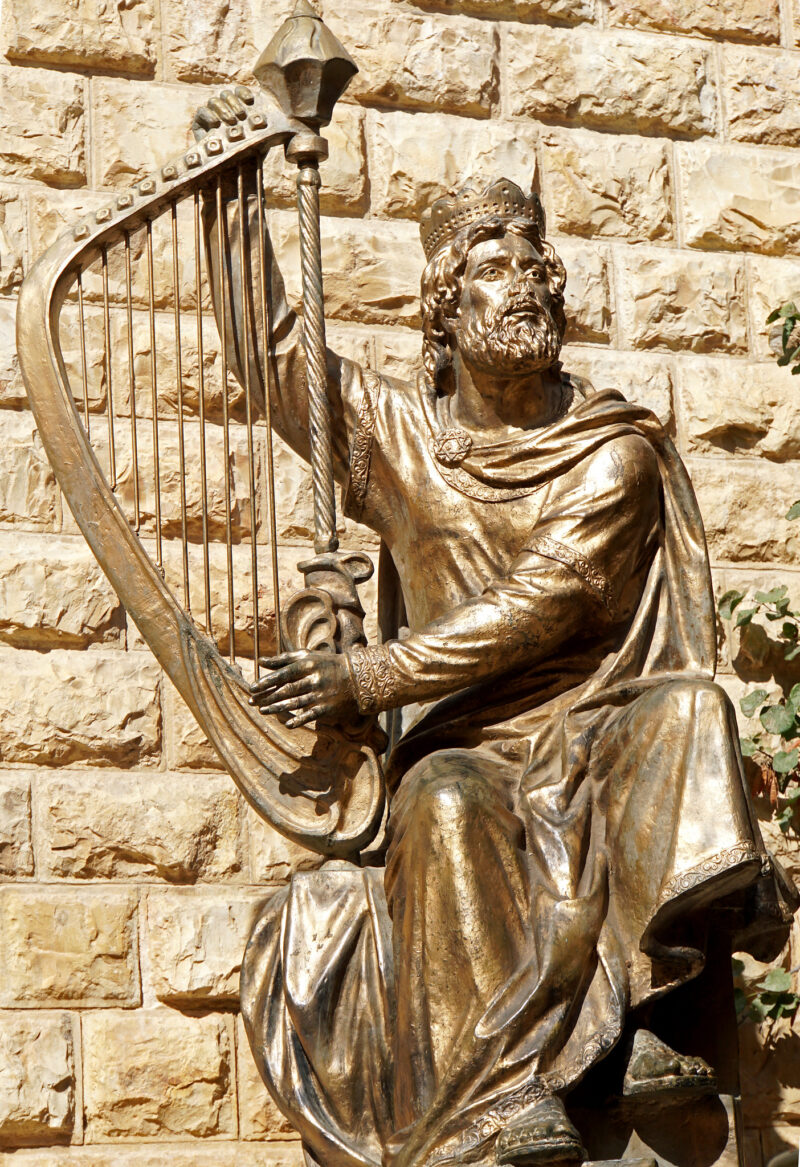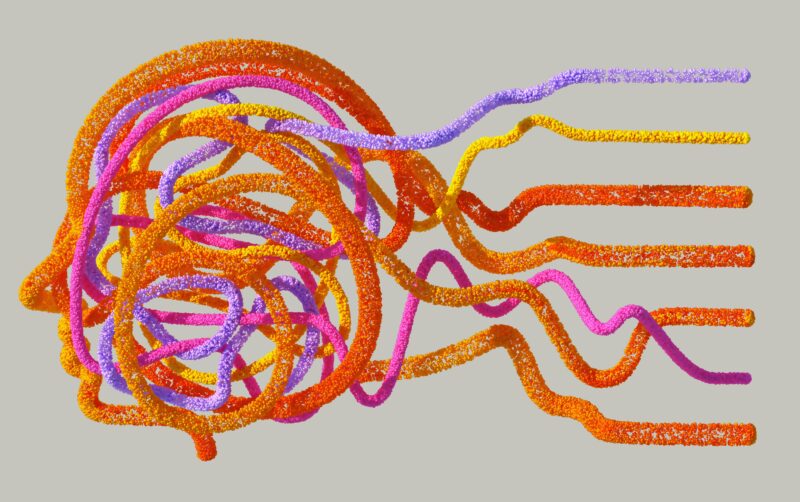This course is eligible for the Get Formed! scheme, allowing students to reclaim 70% of their course fees upon completion. For more information, visit: https://pfi.edu.mt/get-formed/.
This short course is designed for parish leaders seeking to deepen the spiritual and communal impact of Lent within their communities. Through four focused sessions, participants will explore creative and mission-driven pastoral initiatives rooted in prayer, reconciliation, service, and outreach. The course emphasizes practical planning, collaboration, and spiritual leadership to help parishes journey meaningfully through Lent and into Easter.
Pastoral Leaders
Target Audience Age: 18+
The course will take place on Mondays and Wednesdays from 6:00pm to 8:00pm.
Students have the option to join this course online via Zoom.
| Date | Session |
| 26th January 2026 | Rediscovering the Lenten Journey – A Pastoral Vision |
| 28th January 2026 | Lent as a Time for Healing and Reconciliation |
| 2nd February 2026 | Pastoral Creativity – Initiatives for Prayer, Fasting, and Almsgiving |
| 4th February 2026 | Sustaining the Spirit – From Lent to Easter and Beyond |
This course has two exit certificate options:
1. Certificate of Attendance
The student will receive a Certificate of Attendance when attending a minimum of 80% of all contact hours for this course
2. Certificate of Achievement
The student will receive a Certificate of Achievement when (in addition to meeting the attendance criteria above) they successfully complete a written assignment.
Language: Applicants must be proficient in both Maltese and English.
Digital: Applicants must be digitally literate particularly in the use of office suites and of the internet, to both of which they must have access.













